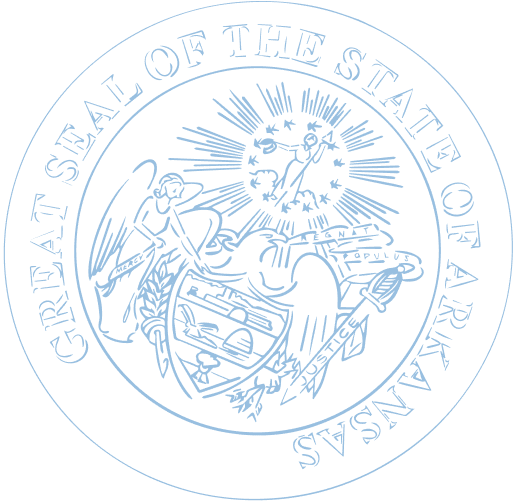The Official Website of the State of Arkansas
Department of Energy and Environment
Legislation enacted in the 90th Arkansas General Assembly provided the Division of Environmental Quality and the Arkansas Pollution Control and Ecology Commission the authority to establish and regulate water quality trading in the state. The legislation also provided for the establishment of the Nutrient Trading Advisory Panel. The Panel, which began meeting in 2015, consists of two committees -- Point Source and Non-Point Source -- as part of its ongoing work in developing recommendations regarding nutrient water quality trading programs and regulations in Arkansas. The nine-member panel was created by Act 335 of 2015. Nutrient trading involves allowing one wastewater discharger to meet its permit discharge limits by negotiating with another discharger to lower the nutrient level in its discharge. The Panel makes recommendation to the Division of Environmental Quality and the Natural Resources Commission regarding the desirability, design, and operation of nutrient water quality trading programs. The Panel advises the Pollution Control and Ecology Commission and the Natural Resources Commission regarding promulgation of rules involving nutrient water quality trading programs. A number of areas in the country are utilizing water quality trading as one approach to address water quality goals. Clean Water Act National Pollution Discharge Elimination System (“NPDES”) permits issued at both the federal and state level are increasingly including more stringent limits applicable to the discharge of nutrients such as phosphorus or nitrogen. The costs associated with removing nutrients from a point source can be significant. Non-point source discharges may often be reduced at a lower cost on a pollutant basis than the point source discharges. Therefore, trading programs may allow facilities facing higher pollution costs to meet that regulatory obligation by purchasing environmental equivalent (or superior) pollution reductions from another source at a lower cost.
No results found.


Copyright 2024. All Rights Reserved, Arkansas.gov